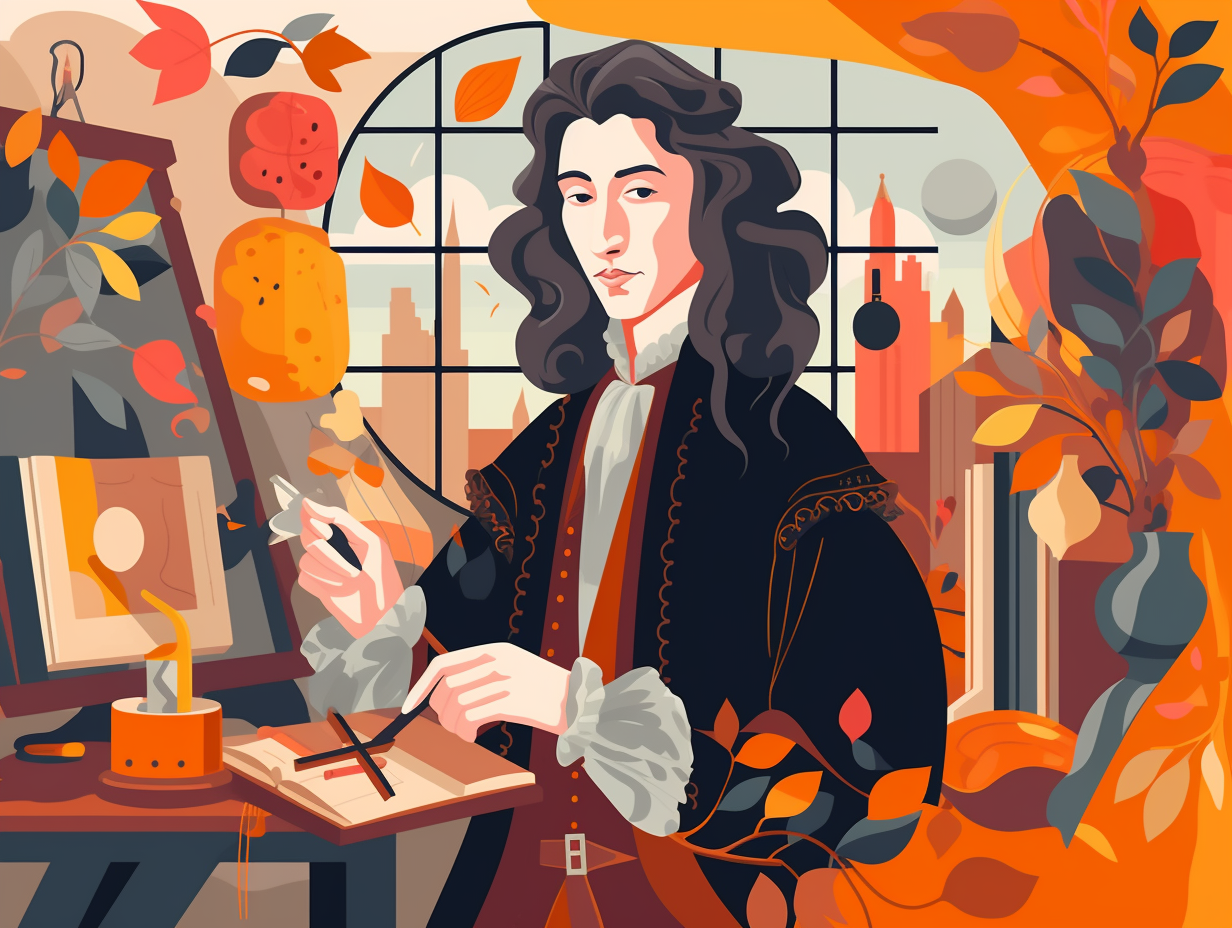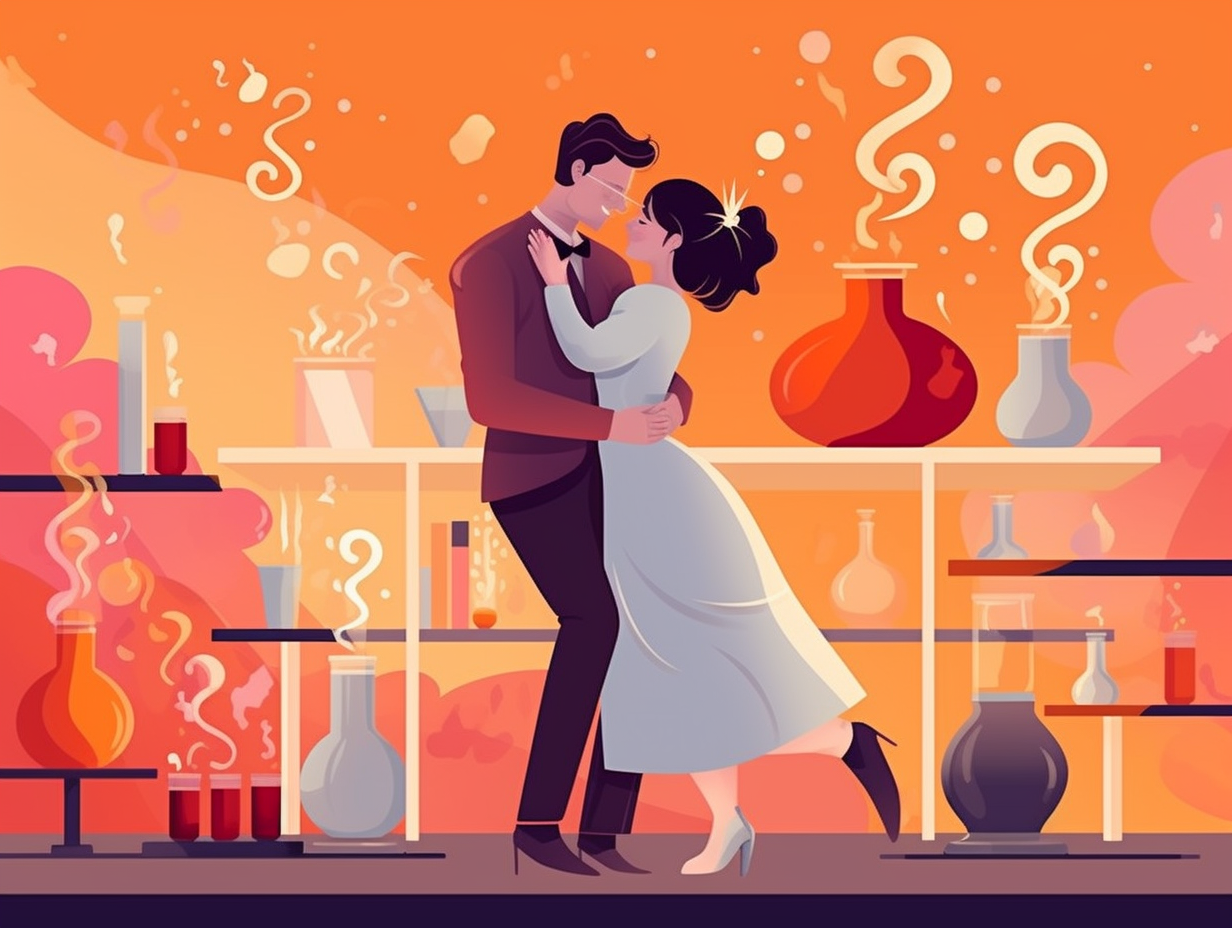Discover the Top 9 Entertaining and Enlightening Fun Facts About Robert Boyle: The Father of Modern Chemistry!

1. Beatboxing Physicist
Before his beatboxing career took off as "Corpuscular Bo-Bo", Robert Boyle was stirring up more than just rhythms in Renaissance alchemy labs: He pioneered the field of physics with Boyle's law, detailing the relationship between the volume of gas and pressure, all while practicing alchemy and advocating God's involvement in creating a universe governed by natural laws.
Source => sciencehistory.org
2. Steampunk Lab Assistants
In a steampunk plot twist straight out of an alternate universe Sherlock: Robert Boyle's experiments not only deepened our scientific understanding, but were also inadvertently powered by the pioneering minds behind the pressure cooker and steam engine. The serious reveal: Boyle's lab assistants, Robert Hooke and Denis Papin, significantly contributed to his work, with Papin inventing the pressure cooker and laying the groundwork for the steam engine that would revolutionize transportation and industry.
Source => uh.edu

Did you know that gold, the "king of metals" among alchemists, can actually be dissolved by a special mixture called aqua regia? Dive in to discover more interesting facts about this noble and resistant metal! 🏆✨
=> Fun Facts about Gold
3. Boyle the Magnificent
Who needs Dumbledore when you've got Boyle the Magnificent: a true wizard of chemistry who wrote "The Sceptical Chymist," a spellbinding book that transmuted the old ways of alchemy into modern chemistry and conjured the scientific method into their experiments.
Source => byjus.com
4. OG Gas Master
Hold on to your air pumps, folks, because we're about to get pressurized with a mind-blowing scientific discovery: Robert Boyle, the OG gas master, formulated the famous Boyle's Law, showcasing the sassy inverse relationship between gas pressure and volume, widely utilized today in fields like engineering and physics!
Source => iep.utm.edu

5. Breathless Experiments
You could say this 17th-century scientist was a real-life Angry Birds character, taking flight in the name of science only to find himself, well, breathless: Robert Boyle, the renowned physicist and alchemist, conducted experiments on various live creatures in vacuum chambers— including birds, eels, mice, and more—during which he noted their reactions to the loss of air, such as a lark that became sick and died in a fit of convulsions after appearing lively initially.
Source => lacmaonfire.blogspot.com
6. Atmospheric Antics
With a puff of smoke and an impressive display of atmospheric antics, Robert Boyle stepped onto the stage of scientific history, juggling gases and discovering we've got him under pressure: Boyle, an Irish-born natural philosopher, formulated the Boyle's Law, showing that the volume of a gas is inversely proportional to its pressure at a consistent temperature, a breakthrough that revolutionized chemistry, physics, and our understanding of gaseous shenanigans.
Source => princeton.universitypressscholarship.com
7. Dumbledore of Chemistry
In a chemist's world of mystical potions and hidden formulas, Robert Boyle was the Dumbledore of his time, crafting potions of his own: a skeptic's brew called "The Sceptical Chymist." With this potent concoction, he debunked the alchemical hocus-pocus and paved the way for modern chemistry.
Source => en.wikipedia.org
8. Corpuscle Drop
Who needs a mic drop when you've got a corpuscle drop? Robert Boyle was the original science party crasher, turning Aristotle's hootenanny on its head and throwing God a celestial shindig: In his book "The Sceptical Chymist," Boyle dismantled prevailing, holistic theories by proposing elements were made up of tiny corpuscles, which created mixtures and compounds through their organization. His work, both scientific and theological, promoted mechanical explanations of the world over qualitative ones and aimed to support Christian beliefs against opposing opinions.
Source => irishtimes.com
9. Curious Whippersnapper
They say curiosity killed the cat, but in Robert Boyle's case, it only tickled the whiskers of Aristotle's ghost: As a young whippersnapper, Boyle dabbled in the widely-accepted Aristotelian doctrine, only to raise a proverbial eyebrow and steer himself towards a life of questioning established beliefs and pushing scientific boundaries.
Source => cambridge.org
Related Fun Facts




















